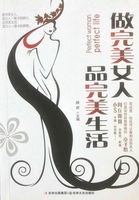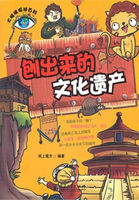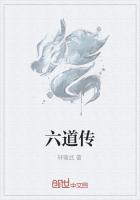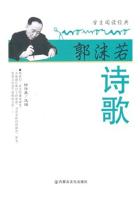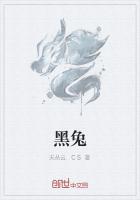vast tracts of the centre of Europe were lying desert; the population was diminished for several generations.The trading classes, ruined by the long war, only asked to be let live, and make a little money.The nobility, too, only asked to be let live.They had lost, in the long struggle, not only often lands and power, but their ablest and bravest men; and a weaker and meaner generation was left behind, to do the governing of the world.Let them live, and keep what they had.If signs of vigour still appeared in France, in the wars of Louis XIV.they were feverish, factitious, temporary--soon, as the event proved, to droop into the general exhaustion.If wars were still to be waged they were to be wars of succession, wars of diplomacy; not wars of principle, waged for the mightiest invisible interests of man.The exhaustion was general; and to it we must attribute alike the changes and the conservatism of the Ancien Regime.To it is owing that growth of a centralising despotism, and of arbitrary regal power, which M.de Tocqueville has set forth in a book which I shall have occasion often to quote.To it is owing, too, that longing, which seems to us childish, after ancient forms, etiquettes, dignities, court costumes, formalities diplomatic, legal, ecclesiastical.Men clung to them as to keepsakes of the past--revered relics of more intelligible and better-ordered times.If the spirit had been beaten out of them in a century of battle, that was all the more reason for keeping up the letter.They had had a meaning once, a life once; perhaps there was a little life left in them still; perhaps the dry bones would clothe themselves with flesh once more, and stand upon their feet.At least it was useful that the common people should so believe.There was good hope that the simple masses, seeing the old dignities and formalities still parading the streets, should suppose that they still contained men, and were not mere wooden figures, dressed artistically in official costume.And, on the whole, that hope was not deceived.More than a century of bitter experience was needed ere the masses discovered that their ancient rulers were like the suits of armour in the Tower of London--empty iron astride of wooden steeds, and armed with lances which every ploughboy could wrest out of their hands, and use in his own behalf.
The mistake of the masses was pardonable.For those suits of armour had once held living men; strong, brave, wise; men of an admirable temper; doing their work according to their light, not altogether well--what man does that on earth?--but well enough to make themselves necessary to, and loyally followed by, the masses whom they ruled.No one can read fairly the "Gesta Dei per Francos in Oriente," or the deeds of the French Nobility in their wars with England, or those tales--however legendary--of the mediaeval knights, which form so noble an element in German literature, without seeing, that however black were these men's occasional crimes, they were a truly noble race, the old Nobility of the Continent; a race which ruled simply because, without them, there would have been naught but anarchy and barbarism.To their chivalrous ideal they were too often, perhaps for the most part, untrue: but, partial and defective as it is, it is an ideal such as never entered into the mind of Celt or Gaul, Hun or Sclav; one which seems continuous with the spread of the Teutonic conquerors.They ruled because they did practically raise the ideal of humanity in the countries which they conquered, a whole stage higher.They ceased to rule when they were, through their own sins, caught up and surpassed in the race of progress by the classes below them.
But, even when at its best, their system of government had in it--like all human invention--original sin; an unnatural and unrighteous element, which was certain, sooner or later, to produce decay and ruin.The old Nobility of Europe was not a mere aristocracy.It was a caste: a race not intermarrying with the races below it.It was not a mere aristocracy.For that, for the supremacy of the best men, all societies strive, or profess to strive.And such a true aristocracy may exist independent of caste, or the hereditary principle at all.We may conceive an Utopia, governed by an aristocracy which should be really democratic; which should use, under developed forms, that method which made the mediaeval priesthood the one great democratic institution of old Christendom;bringing to the surface and utilising the talents and virtues of all classes, even to the lowest.We may conceive an aristocracy choosing out, and gladly receiving into its own ranks as equals, every youth, every maiden, who was distinguished by intellect, virtue, valour, beauty, without respect to rank or birth; and rejecting in turn, from its own ranks, each of its own children who fell below some lofty standard, and showed by weakliness, dulness, or baseness, incapacity for the post of guiding and elevating their fellow-citizens.Thus would arise a true aristocracy; a governing body of the really most worthy--the most highly organised in body and in mind--perpetually recruited from below: from which, or from any other ideal, we are yet a few thousand years distant.
But the old Ancien Regime would have shuddered, did shudder, at such a notion.The supreme class was to keep itself pure, and avoid all taint of darker blood, shutting its eyes to the fact that some of its most famous heroes had been born of such left-handed marriages as that of Robert of Normandy with the tanner's daughter of Falaise.






